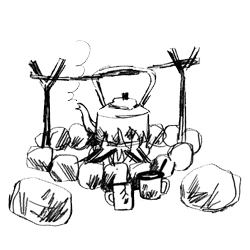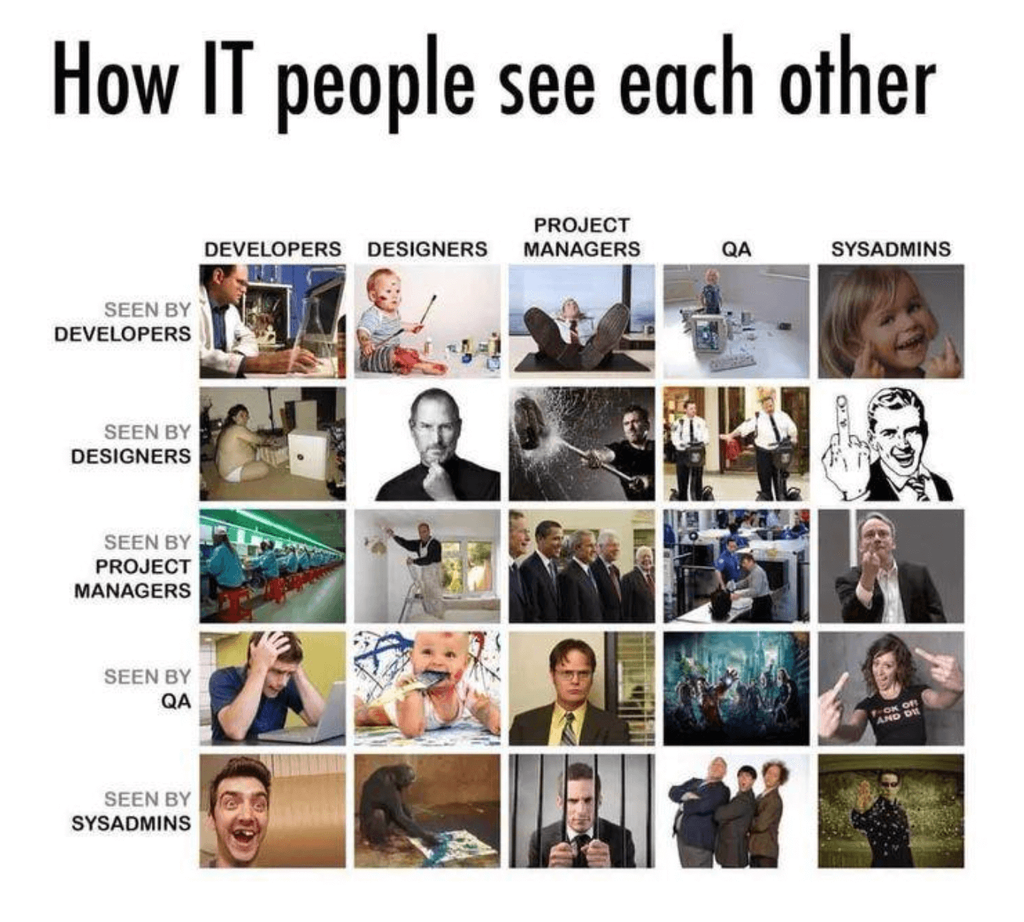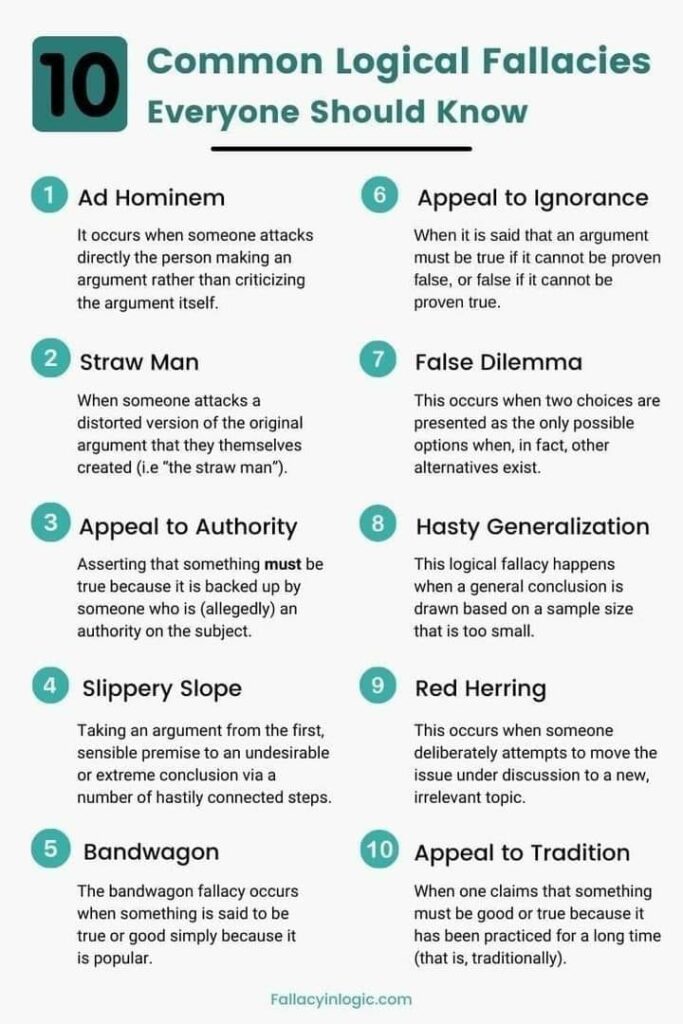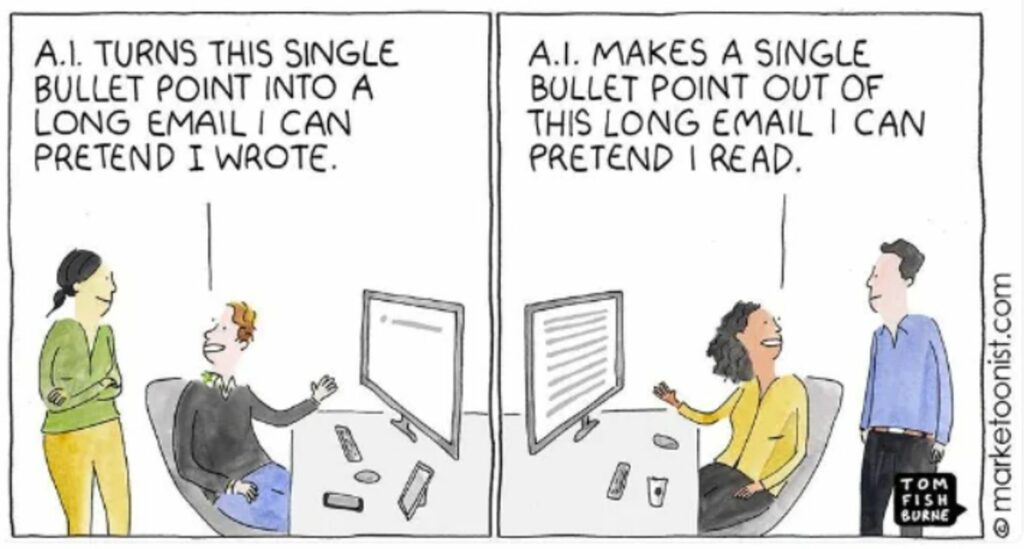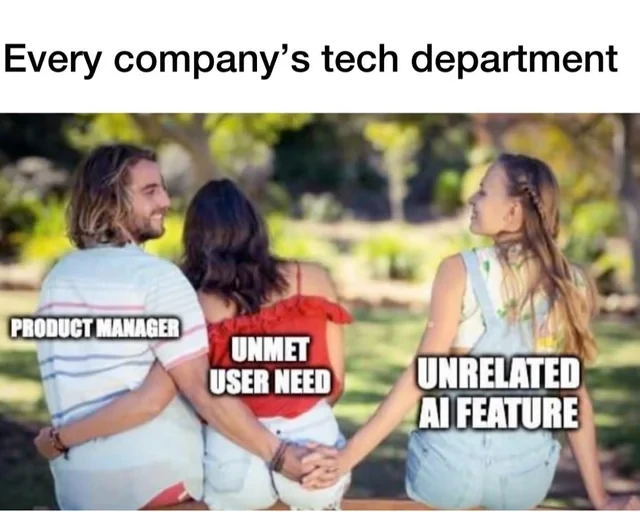The 20th century was marked by significant technological and scientific advancements, alongside violent conflicts. As we move through the 21st century, the nature of these conflicts is shifting. The struggle is increasingly between humanity and nature, with dire consequences if we continue down our current path. Environmental degradation and climate change are no longer side effects, but central challenges that must be addressed. We need to find paths to move off the current paths, there are assumptions that are #blocking this needed move, one is in technology and its assumptions.
This #geekproblem has been inherited from past era’s in our computer architectures and the broader tech culture that has an ingrained concept of control. This control, hardcoded into systems and frameworks, poses an unspoken problem within many geek paths. Addressing this issue is crucial for understanding the broader implications and possibilities of grassroots #openweb tech activism as a path out of the current social and technical mess.
The Control paradigm in tech, from the foundations of computing, control has been a central theme. Systems are designed to operate under strict protocols, ensuring reliability, security, and efficiency. This paradigm, while effective in technological contexts, is inadvertently extend into social dynamics within tech communities. Control in tech is not just about managing systems; it also shapes interactions, hierarchies, and decision-making processes.
Unconscious participation in control structures, in tech communities, is unconsciously embedded in social groups that perpetuate this control paradigm. It’s essential to recognize that this isn’t a personal failing but a reflection of broader cultural trends. The challenge lies in identifying and addressing these unconscious patterns to foster more open, collaborative, and equitable environments.
The Keep It Simple, Stupid (#KISS) principle is a valuable tool for analysing generalist issues within our shared cultures. By simplifying complex problems, we can better understand the dynamics at play and develop more effective solutions. Applying the KISS principle to tech activism helps to demystify the control paradigm and its impact on our communities.
This blog is dedicated to exploring alternative paths that we can take to address these issues. By grassroots #openweb tech activism to mitigate the destructive patterns of control and build more sustainable and equitable paths. To promote decentralized technologies to empower people and communities, reducing reliance on centralized control structures.
#4opens emphasizes the importance of open-source software, to encourages collaboration, transparency, and shared ownership and community building. We need to fostering strong, inclusive communities that prioritize collective well-being over hierarchical control. We need to shift to environmental stewardship and ecological consciousness in our tech development and usage, recognizing the interconnectedness of human and environmental health in the tools we use.
This path requires a fundamental shift in how we approach technology and control. By embracing the #openweb and grassroots activism, we can create resilient, inclusive, and sustainable technological systems. This is not just a technical challenge but a cultural and ethical one.
#OMN #indymediaback #OGB #makeinghistory #visionontv #4opens
